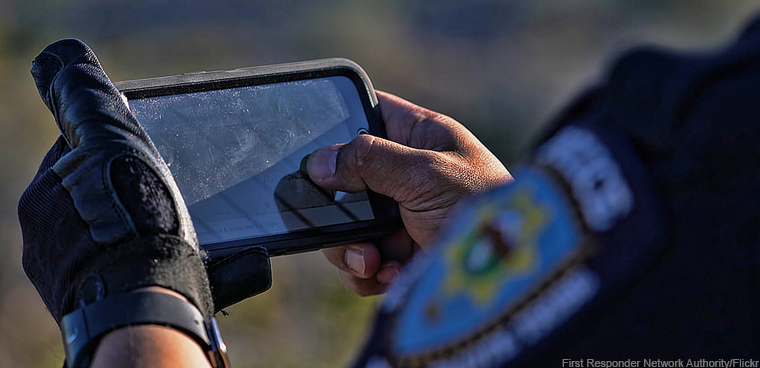FBI adds feature to threat notice system
The FBI has added a new notification capability to its incident reporting platform to spread tips on potential mass casualty suspects.

In a wide-ranging hearing on the myriad threats to the U.S. homeland, from white supremacist terrorists, border security, school shooters, and cyber attackers, the director of the FBI gave a glimpse of how the agency is using technology to blunt one of those threats.
FBI Director Christopher Wray, testifying before the Senate Homeland Security and Governmental Affairs Committee, said his agency has implemented a new threat-sharing capability on its Law Enforcement Enterprise Portal (LEEP).
Wray told the Nov. 5 panel addressing threats to the homeland that his agency has added a "dual route" capability to its eGuardian incident reporting platform that allows the agency to send terror threat notices to its field offices as well as state law enforcement fusion centers.
The eGuardian platform was implemented in 2009 to distribute suspicious activity reports, or SARs, to FBI field offices as well as state law enforcement agencies. eGuardian is a "sensitive but unclassified" information sharing platform that hosted by the FBI's Criminal Justice Information Services Division as a service on LEEP, according to the FBI.
The dual-notification capability, said Wray, has resulted in arrest of at least one person "within hours" of the notification being sent out to a state fusion center.
Under questioning, Wray told Sen. Rick Scott (R-Fla.) that in the wake the Marjory Stoneman Douglas High School shooting, the agency had "made extensive changes" to the way it handles tips from the public, including the agency's technology, such as the call center, staffing, training and oversight.
Scott noted that there were various bits of information on the alleged shooter's intentions that weren't shared among local and federal law enforcement agencies effectively.
On Oct. 29, Scott introduced the Threat Information Protocol for Sharing Act, to sharpen the FBI's handling of "actionable intelligence" on potential school shooters and others threatening mass violence. The bill would require sharing of all state-specific information the FBI gets through its tip line and website.
Wray described the task of winnowing thousands of tips phoned into the FBI's call center as very difficult. He said he had gone to the call center in Clarksburg, W.Va., and "sat in with call operators" to get a feel for its operations.
The call center, he said, handles 3,000 tip calls per day. Of those, about 60 are a potential threat to life. About 80% of those, he said, the FBI can't act on because they're don't qualify for its jurisdiction.
NEXT STORY: FCW Insider: Nov. 6





